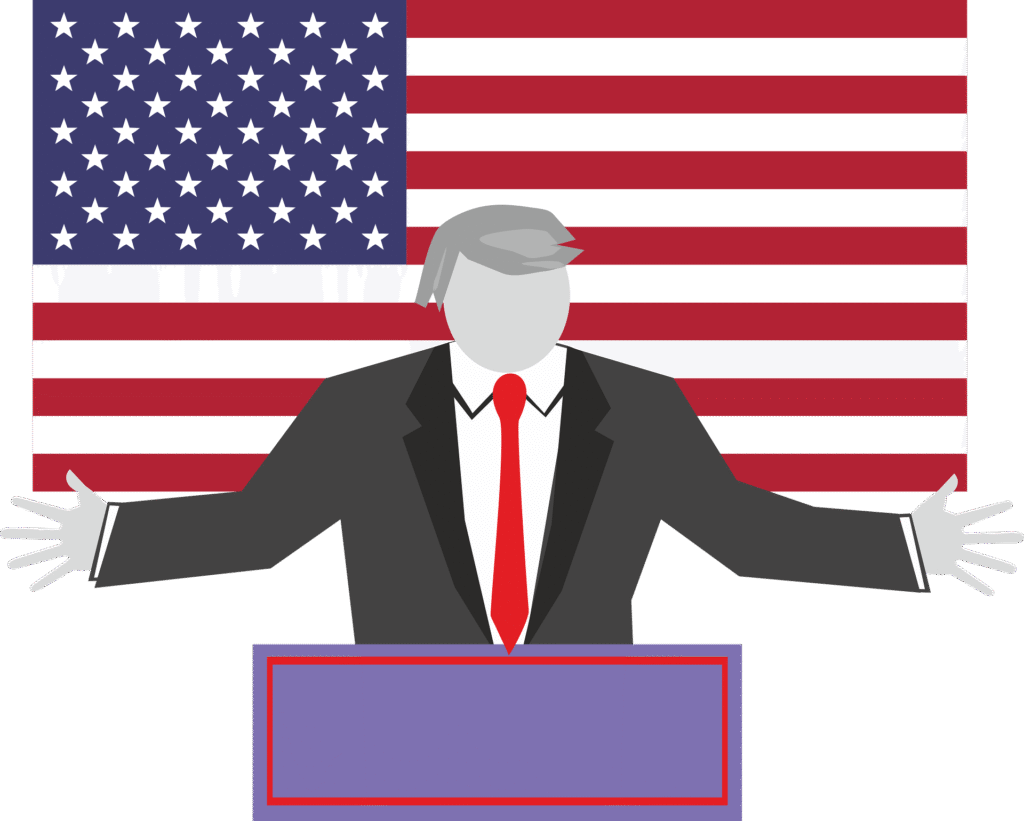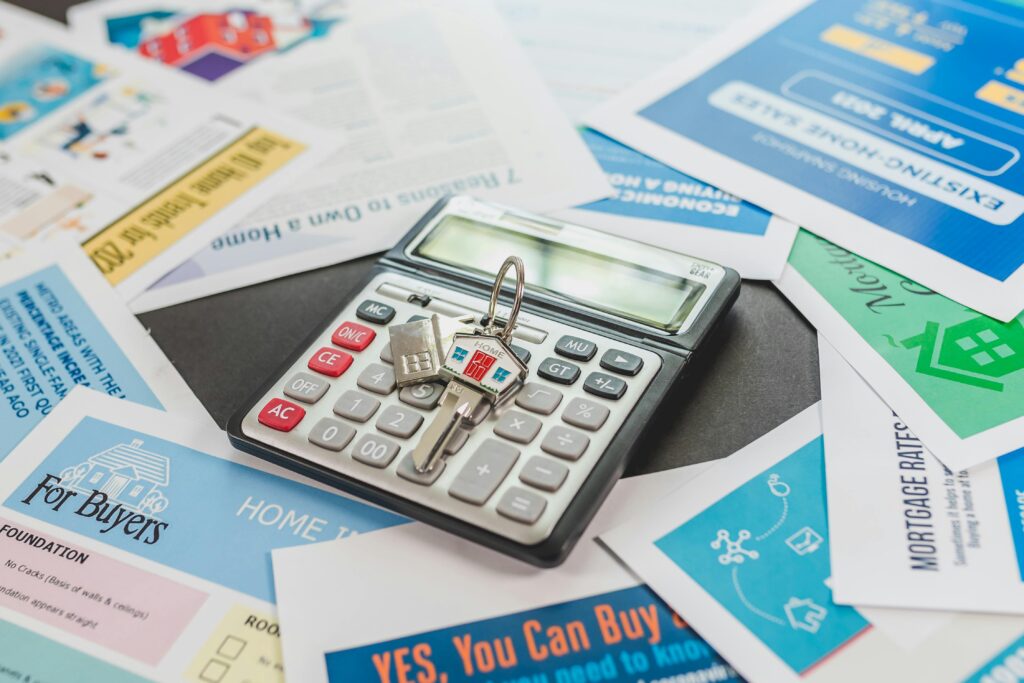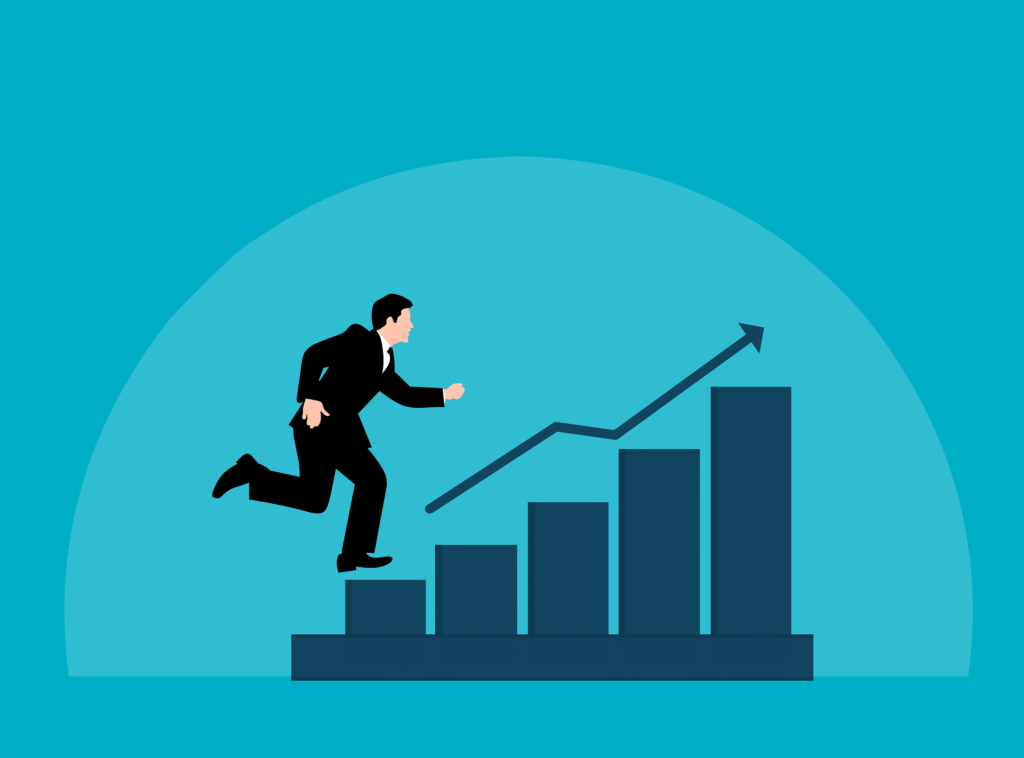The financial world may seem distant from everyday life, but the truth is, its changes can quietly ripple into your bank account, job, and spending habits. Over the past few weeks, several headlines have revealed key shifts in the global economy. These stories—from bond sell-offs to AI investments—might seem unrelated at first glance. However, when we connect the dots, a bigger picture starts to form.
Let’s explore what’s happening and why it all matters more than you think.
Investors Are Moving Away from U.S. Bonds—and That’s a Big Deal
One of the most important but quiet shifts in the market right now is the decline in global appetite for U.S. government bonds. For years, these bonds were considered one of the safest places to invest. Yet, things have changed.
Now, due to growing political uncertainty in the U.S., including potential tariff wars and ballooning deficits, investors are starting to look elsewhere. According to Financial Times, global demand for U.S. bonds is declining—something that hasn’t happened on this scale in years.
Because of this shift, the U.S. government may need to offer higher interest rates to attract buyers. If you’re new to the bond market, it’s worth understanding the hidden role bonds play in shaping economies.

Trump’s Trade Talk Is Making Markets Nervous
Adding fuel to the fire is former President Donald Trump’s recent threat to bring back massive tariffs, particularly on European goods. As reported by Yahoo Finance, this news rattled the stock market, sending major indices like the Nasdaq and S&P 500 into a decline.
These types of policy announcements may seem like typical campaign talk. However, they affect how investors view the future of the U.S. economy. In fact, tariffs aren’t just a trade tool—they also reflect deeper shifts in global economic power.
At the Same Time, Oil Prices Are Climbing
Meanwhile, oil prices have crept upward following Trump’s decision to delay tariffs on European oil-related goods. This move may reduce short-term tensions, but it still leaves traders uncertain about the future. As Bloomberg notes, markets remain jumpy, and any hint of trade conflict can send prices soaring.
Since higher oil prices often mean more expensive gasoline and transportation costs, we could soon see higher prices at the grocery store, at the gas pump, and even in online deliveries.
Business Activity Is Up, But Inflation Could Be Next
Even though investor confidence in U.S. bonds is dropping, U.S. businesses are actually picking up pace. A recent Reuters report shows that business activity in May was stronger than expected. On the surface, this looks like good news.
However, the report also warned that inflation could increase again. If that happens, the Federal Reserve may choose to delay interest rate cuts, which could keep borrowing costs high for longer.
So, while things seem better now, the road ahead could still be bumpy.
Big Tech Is Betting Big on AI—and That’s Good News
While uncertainty rules in politics and bonds, the tech sector is seeing a wave of optimism—especially around artificial intelligence. One major story that stood out this month was Oracle’s decision to invest $40 billion into Nvidia chips. These chips will support OpenAI’s new U.S.-based data centers, as detailed by Financial Times.
This is a huge bet on the future of AI infrastructure. Not only does it show confidence in U.S. innovation, but it also signals where major growth might come from next.
If you’re thinking about investing for the long term, tech companies focused on AI might be worth watching.

The Housing Market May Be Turning a Corner
In the middle of all this, there’s a surprise from the housing sector. After months of sluggish growth, new home sales in April went up. As reported by the Wall Street Journal, builders are offering price cuts and perks to bring hesitant buyers back into the market.
This might not mean a full recovery yet. However, it does show that some Americans are still confident enough to buy homes, even in an uncertain economy.
Telegram Turns a Profit Despite Legal Storms
While Silicon Valley steals headlines, another tech player—Telegram—is quietly making history. The messaging app posted a $540 million profit, its first major success despite facing ongoing legal and political challenges. This milestone, according to FT, shows how demand for secure, private messaging continues to grow globally.
So even as some parts of the market struggle, others are thriving by meeting new digital needs.
But Not All Is Well with Consumer Debt
One worrying sign comes from the “Buy Now, Pay Later” sector. More shoppers are missing payments or defaulting altogether. According to Yahoo Finance, this trend could signal rising financial stress among middle-class households.
It’s a warning sign that even though spending is up in some areas, many consumers are relying on credit just to keep up.
Private Equity’s Growing Power Is Under Scrutiny
Finally, a wave of new books is putting the spotlight on private equity. As highlighted by the Wall Street Journal, these firms are growing more powerful and influential in sectors like health care, housing, and media.
This is important because these firms often operate behind the scenes. As they expand, their decisions could affect everyday things like rent prices, medical bills, and job security.

What Does All This Mean for You?
It may feel overwhelming to keep up with all these headlines. However, they all tell a similar story: the economy is changing in subtle but powerful ways.
- Investors are nervous about U.S. policy, so they’re moving money to safer places.
- Tech companies are investing in AI, hoping it becomes the next gold rush.
- Oil, housing, and debt markets are sending mixed signals.
- And the global financial system is slowly shifting.
Even if you’re not a financial expert, you can still take steps to stay ahead:
- Keep an eye on interest rates before taking out loans.
- Watch inflation and energy prices when planning your budget.
- Look into diversified investments, including global and tech-related options.
- Be cautious with credit spending, especially “buy now, pay later” plans.
Most importantly, stay informed. The more you understand what’s happening, the better you can protect your money—and maybe even grow it—in a world that’s changing fast.




